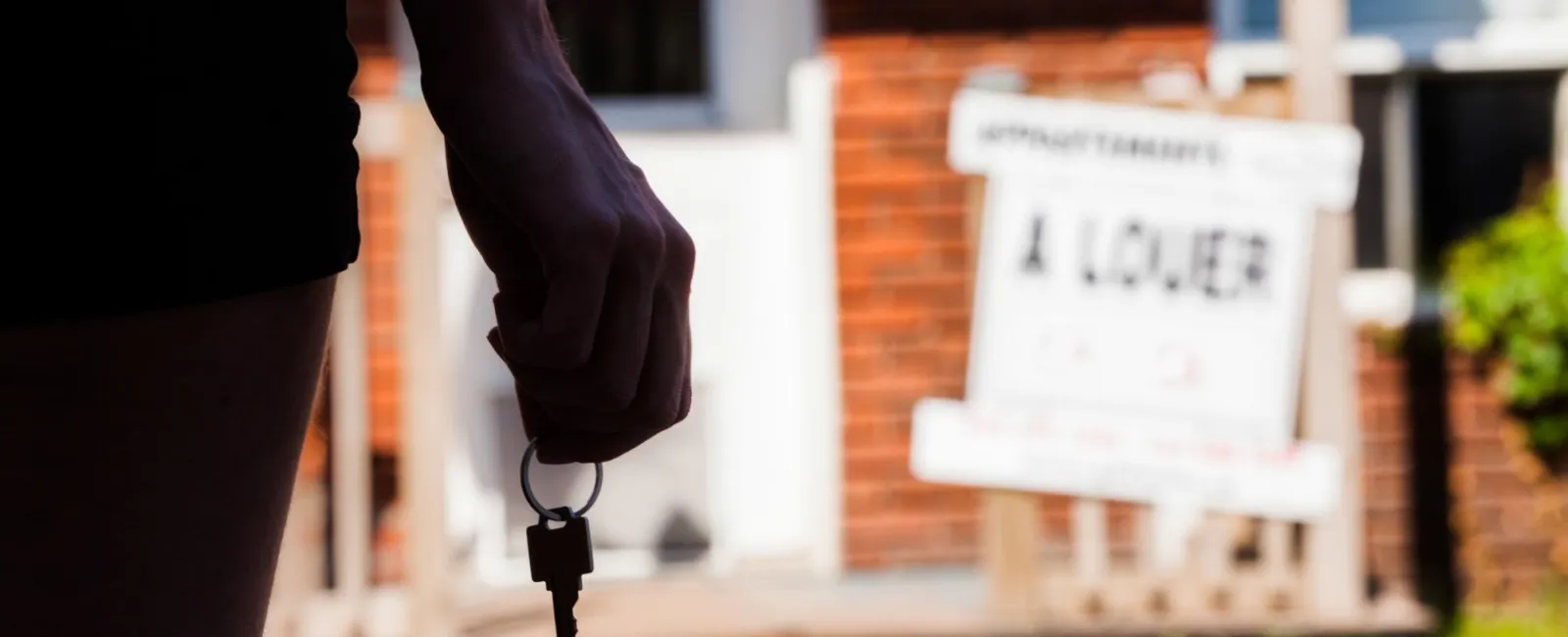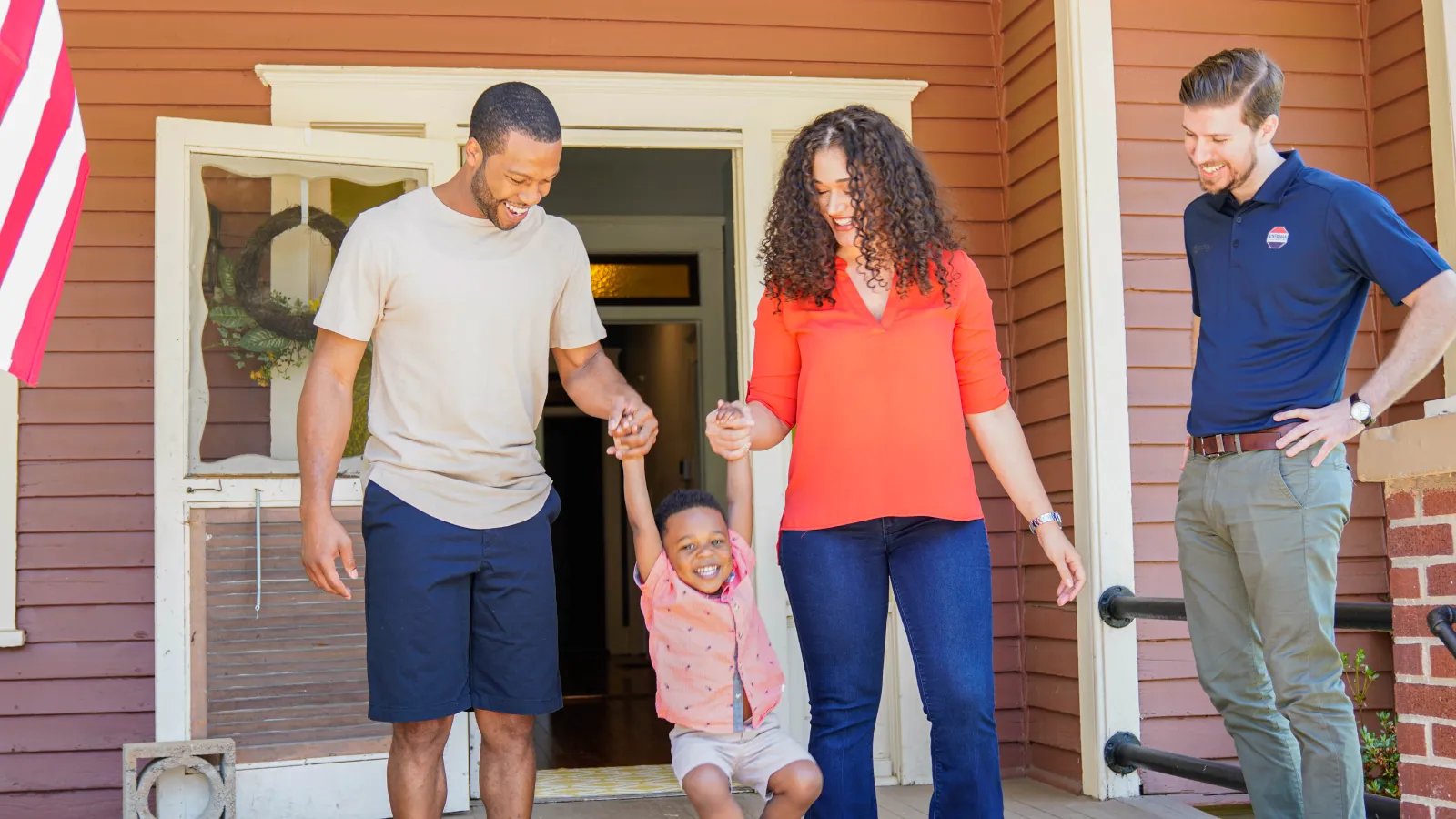Rental properties face unique challenges when it comes to security. The need to account for tenants and their privacy rights comes immediately to mind. In other ways however, securing a rental property is the same as securing any home. It takes the right set of equipment and services to get the job done right.
So what steps can you take to better secure your rental property? While there are dozens of ways to tackle this concern, we consider the three security tips below to offer the most value for your time and money:
- Consider a professional monitoring service
- Empower renters with smarter security equipment
- Perform a security audit of the property
We'll go over each of these options in more details below. But if you're ready to start securing your rental property right away, you can always give the team at Ackerman a call at 800.551.1111
Tip #1: Consider a Professional Monitoring Service
A professional monitoring service connects your rental property's cameras and alarm systems to a professional monitoring station. In the event of an emergency such as a break-in or fire, the monitoring station can quickly assess what triggered the alarm and if necessary, call the proper authorities.
All of this takes place within seconds. Because every second counts during an emergency, a good professional monitoring service is an excellent addition to any rental property.
In addition to fast response times, a professional monitoring service has many other great benefits, including:
- Fewer false alarms: When an alarm is triggered, an on-duty security professional can quickly assess whether the issue was a false alarm or a true threat. Not only does this cut back on false dispatches to law enforcement (saving you potential fines!) it also gives you and your renters greater peace of mind.
- Better insurance benefits: Some insurance companies will pay out higher claims if the home is professionally monitored. Other times, a professional monitoring service is required to insure the property.
- Plenty of pricing options: Professional monitoring can be purchased for as little as $20 a month, although the average price tends to be around $30 to $60 a month. Different prices take into account the type of monitoring (wireless or landline) as well as the number of cameras/alarms being monitored.
Tip #2: Empower Renters with Smarter Security Equipment
The renter is often the weakest link in the security of your rental property. They may forget to lock a front door, or leave the garage open when they head to work. Sometimes it's a window that was left open the night before, or opening the front door to a stranger.
You can worry about what your renters are forgetting to do all day. Or, you can give them security tools that makes it easier for them to protect their belongings and your property.
Smart security solutions you should consider installing for renters include:
- Smart locks: Smart locks can be paired with an app to let a renter know if the door is locked or not. Unlocked doors can be locked directly from the app, or unlocked if the renter needs to let someone in that they know.
- Smart garage door openers: An open garage door with no cars around is an open invitation to thieves. A smart garage door opener can alert the renter that the garage door is open. From there, it's just a matter of closing the door with the associated app.
- Smart doorbells: Smart doorbells let a renter speak to and see the person at their door. No need to open the door anymore for a stranger. Plus, they can interact with that person from their phone, even if they're at work.
- Remote lighting: Remote lighting gives renters greater control over the home's lighting right from their phone. Lighting can also be automated. So if a renter is on vacation, the lighting in the home makes it look like they're not.
Tip #3: Perform a Security Audit of the Home
A security audit gives you valuable insight into the strengths and weaknesses of your property's defenses. To get the most value out of the audit, a professional security consultant is recommended. But you can also perform a basic audit on your own using the tips below.
- Assess the front door to the property: According to the FBI's Crime Data Explorer for the state of Georgia, the most common method of illegal entry into a rental property is going right through the front door, even if it means kicking it down. Installing doors with heavy-duty materials like hardwood is recommended. Glass is rarely a good idea unless it's security glass.
- Perform a review of all the home's windows: Not only should all the windows in your homes have locks, they should also be bolstered with either security bars or, for a more elegant security option, security glass or a tough security screen.
- Review of the home's security cameras: Proper security camera placement is tough to get right. Not only do blind spots need to be identified and eliminated, but state law and the privacy of neighbors must also be taken into account.
- Testing alarms inside the home: A thorough inspection and test of every alarm and camera in the rental home should be completed once a year. It's also important to confirm the connection of each alarm and camera with your professional monitoring provider.
So when is the best time to perform a security audit of the rental property? Well, the most convenient time is when the property is between tenants. But a security audit can also be completed while a tenant is living on the property as long as they've been given property notification beforehand.






